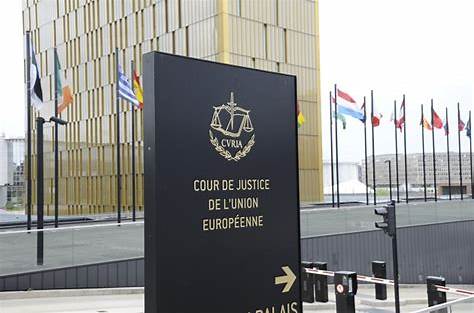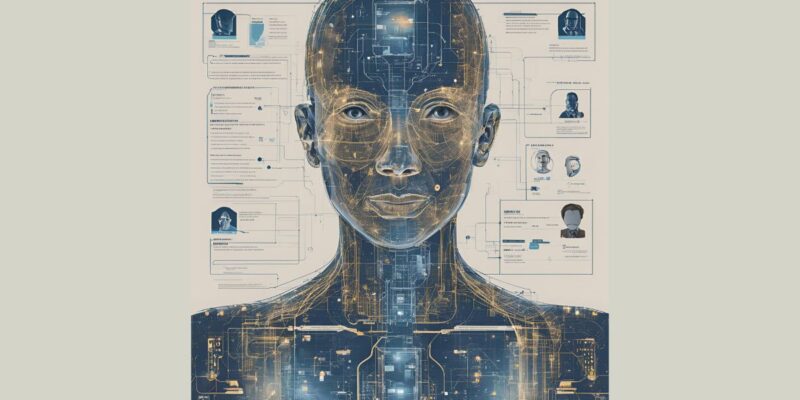Implementing Article 20 of the EU Platform Work Directive: ‘Communication channels’
On 11 March 2024, the European co-legislators approved a Directive on improving working conditions in platform work—the ‘Platform Work Directive’ (PWD).[1] It targets two challenges in digital labour platforms: false self-employment (Chapter II) and algorithmic management (Chapter III). Additionally, it increases transparency, especially for Member States (Chapters IV–V).[2] Some analysts called the final text ‘watered…










